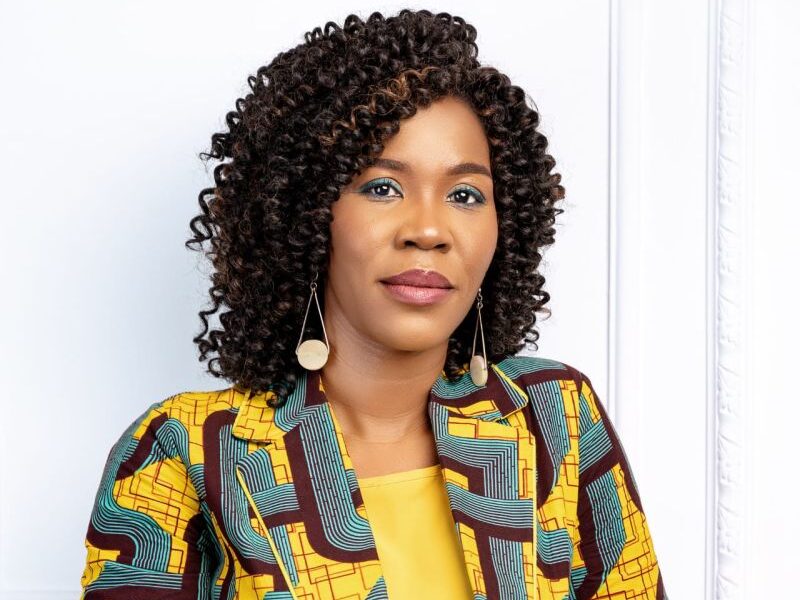Miriam Mutebi shared on LinkedIn:
“I was deeply moved yesterday, on National Surgical Oncologists Day, to read encouraging messages from my patients acknowledging how the care and support they’d received, made a significant difference in their lives, leaving them feeling truly seen and heard.
In cancer care, we often celebrate the resilience of healthcare workers (HCWs)—the physicians, nurses, and all specialists on the front lines. But beneath this resilience lies a hidden story where the burden of cancer is immense, the “labourers are few,” and resources are scarce.
We rarely consider the mental and emotional toll on the workforce. Wellness isn’t a priority and there are few safe spaces to grieve or process their work. Instead, they’re expected to suppress their emotions and move on, displaying what’s known as the “duck phenomenon”—paddling frantically beneath the surface to keep afloat while maintaining a calm exterior.
Surgeons, for example, often barely sleep for days after a major case. The stakes are high, and someone has entrusted you with their life—a responsibility and privilege approached with deep humility. Yet, the emotional burden of such responsibility remains largely unspoken.
The concept of “Physician, heal thyself” is ironic. How can one heal with no time, space, or support? When complications arise, as they sometimes do, given the complexity of treatments and the body’s responses, physicians often take it personally, agonising over what they could have done differently.
After complex surgeries, hypervigilance sets in with every decision feeling life-altering. But who ensures these care providers are not drowning under pressure?
In Africa, oncologists are susceptible to burnout, something that’s rarely addressed. Africa has less than 5% of the world’s oncologists, yet it bears nearly 24% of the global cancer burden. The continent has an average of 0.03 oncologists per 100,000 people, compared to 2.3 per 100,000 in high-income countries.
Support groups for HCWs are crucial. I’m fortunate to be part of a group of oncologists with whom I regularly debrief, sharing not only our triumphs but also our lowest moments. However, responsibility shouldn’t fall solely on individual clinicians.
Institutions must create safe spaces for accountability and debriefing, where emotional support is also provided. There is a need for outlets such as exercise, meditation, or supportive spaces for expressing feelings.
The truth is, the cancer workforce is paddling like mad to stay afloat. These care providers need more than resilience; they need recognition of their struggles, platforms to express pain and systems that prioritize their well-being.
Next time you meet a care provider in the corridors of healthcare offer some kind words. It may just be what we need that day to stay motivated and to continue offering the best care to those who need it most—without losing ourselves in the process.”
Source: Miriam Mutebi/LinkedIn
Miriam Mutebi is a Breast Surgical Oncologist and Assistant Professor in the Department of Surgery at the Aga Khan University Hospital in Nairobi, Kenya. She is also the Vice-President of East Africa of the African Organization for Research and Training in Cancer (AORTIC), treasurer for the Kenya Society of Hematology and Oncology (KESHO) and on the Board of Directors of the Union for International Cancer Control (UICC).
She is the co-founder of the Pan African Women’s Association of Surgeons and is part of the Kenya Association of Women Surgeons. She is an avid supporter for the education and support for women, especially in surgery and she aims to provide mentorship for women in surgery and to improve women’s health and surgical care in Africa. She is currently pursuing a pilot’s license in order to extend breast care services to marginalized areas.


